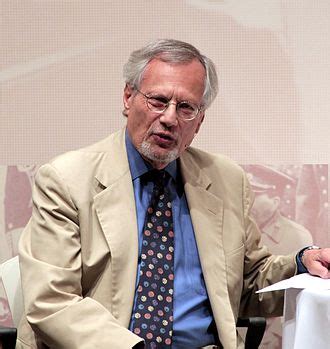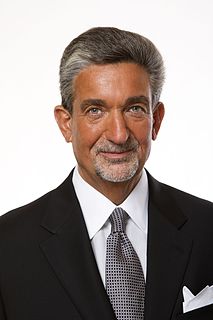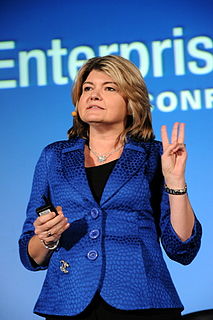A Quote by Sheryl Sandberg
The social web can't exist until you are your real self online. I have to be me. You have to be you. Once we are online as ourselves, connected to each other and our other friends, then you can have the evolution of what becomes the social web.
Related Quotes
Katalyst is a merger of three industries. A piece of us is connected to ad agencies. Because we get the complex overlay of the social Web, we know how to engage an audience and how to make entertainment for the social Web. And we know how to gain and activate and retain an audience. So we create social networks for brands.
I was a painfully shy, awkward kid, with low self-esteem and almost no social skills. Online, I didn't have a problem talking to people or making friends. But in the real world. interacting with other people - especially kids my own age - made me a nervous wreck. I never knew how to act or what to say, and when I did work up the courage to speak, I always seemed to say the wrong thing.
The web is more a social creation than a technical one. I designed it for a social effect - to help people work together - and not as a technical toy. The ultimate goal of the Web is to support and improve our weblike existence in the world. We clump into families, associations, and companies. We develop trust across the miles and distrust around the corner.


































